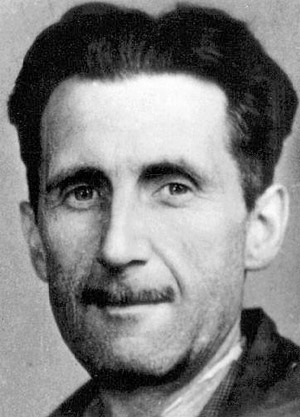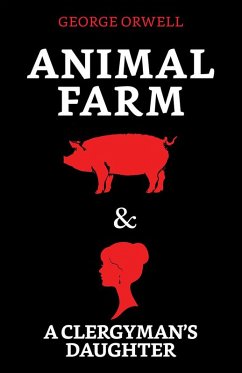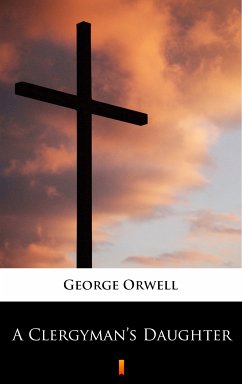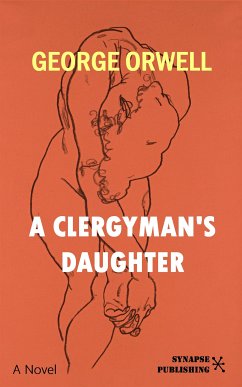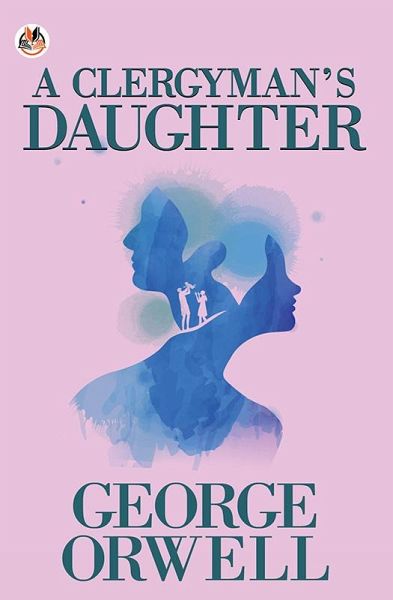
A Clergyman's Daughter (eBook, ePUB)
Versandkostenfrei!
Sofort per Download lieferbar
0,99 €
inkl. MwSt.
Weitere Ausgaben:

PAYBACK Punkte
0 °P sammeln!
A Clergyman's Daughter is a 1935 novel by English author George Orwell. It tells the story of Dorothy Hare, the clergyman's daughter of the title, whose life is turned upside down when she suffers an attack of amnesia. Orwell draws a picture of systematic forces that preserve the bound servitude in each setting. He uses Dorothy's fictitious endeavours to criticise certain institutions... the English private-school system; the way in which wages are systematically lowered as the hop season progressed and why they were so low to begin with; and the life and attitude of the manual seasonal labour...
A Clergyman's Daughter is a 1935 novel by English author George Orwell. It tells the story of Dorothy Hare, the clergyman's daughter of the title, whose life is turned upside down when she suffers an attack of amnesia. Orwell draws a picture of systematic forces that preserve the bound servitude in each setting. He uses Dorothy's fictitious endeavours to criticise certain institutions... the English private-school system; the way in which wages are systematically lowered as the hop season progressed and why they were so low to begin with; and the life and attitude of the manual seasonal labourer.
Dieser Download kann aus rechtlichen Gründen nur mit Rechnungsadresse in A, D ausgeliefert werden.




